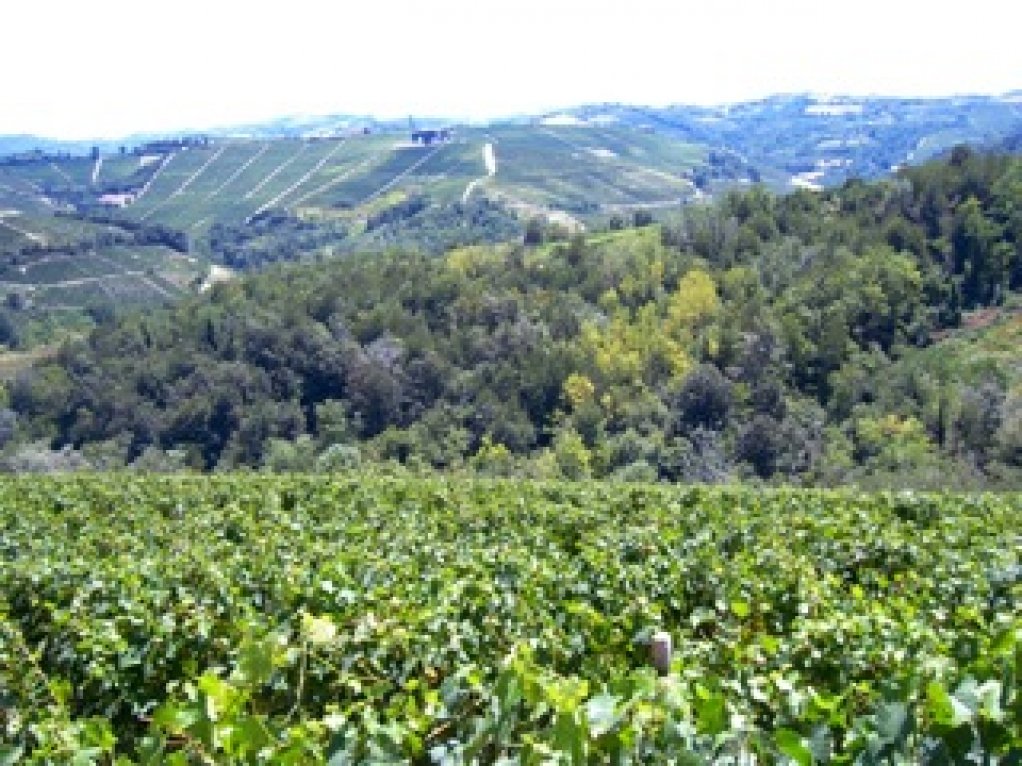/ MEDIA STATEMENT / The content on this page is not written by Polity.org.za, but is supplied by third parties. This content does not constitute news reporting by Polity.org.za.
Africa is home to 11 of the 23 species of vultures worldwide. Once common and widespread across the continent, vultures are undergoing unprecedented declines in Africa – four species are now considered Globally Endangered and at risk of extinction, and three more are listed as Vulnerable, according to the IUCN Red List of Species. Poisoning is the number one threat to Africa´s vultures.
Rates of decline and causes of poisoning differ across the continent – in southern and eastern Africa vultures die after eating carcasses of intentionally poisoned animals. These situations arise for example when poachers use poisons to kill native African wildlife including rhino and elephants, when feral domestic dog populations are the subject of a concerted poisoning campaign, or native carnivores such as jackals and hyenas are targeted with poisons. In addition, poachers will kill vultures directly since their conspicuous presence can attract the attention of law enforcement agents. In certain regions of Africa, vultures are deliberately killed for food, for the traditional medicine trade, and as a result of direct persecution.
Whatever the means and the drivers, the situation is now critical – vultures are declining across the African continent, largely at a dramatic rate - decreases of up to 97% for some species have been detected in West Africa in just over three decades, while 50-60% rates of decline have been measured in the savannahs of East Africa and southern Africa. This continent is quickly losing its vultures, and with them the critical and highly efficient ecosystem services they provide. Without scavengers, carcasses are left to rot, disease spreads among other animals, sanitation decreases in and around villages and stray dog populations’ rise in tandem with associated cases of human injuries and fatal rabies incidences.
Vultures are considered protected species in most African countries, and many have enacted legislation that criminalizes the use of poison to kill wildlife. Unfortunately, contradictory agricultural and pest control regulations, poor awareness, lack of enforcement, and poor or inconsistent diagnostic capabilities usually mean that vulture poisoning often remains underreported and under investigated, with conviction and even indictments rare. Some African countries have no laws to protect vultures from poisoning or direct persecution.
“Vultures are magnificent birds that provide a major service to African society by cleaning up dead animals and helping to prevent the spread of diseases. If they disappear Africa will face an ecological catastrophe”, explained André Botha, the chair of the IUCN vulture specialist group, and the Birds of Prey Programme of the Endangered WildLife Trust in South Africa.
Faced with this huge wildlife and human crisis, a number of African, North American and European wildlife, vulture and poison experts gathered recently in a meeting in southern Spain, co-sponsored by the Junta de Andalucía, to evaluate the issue, exchange views, mobilize capacity and expertise and plan ahead.
Darcy Ogada, a Kenya-based conservationist from The Peregrine Fund stated “In India the almost complete disappearance of vultures has resulted in a strong increase of the feral dog population and associated rabies incidence, which has been estimated to have cost $ 34 billion US in human health costs alone. It is shocking that nobody seems to be worried about the massive vulture decline we are now witnessing across Africa”.
Poisoning is an engrained, pervasive practice, incorporated even into food gathering in some parts of Africa. These practices and the poisoning of vultures themselves for consumption by local people also undoubtedly pose significant - but as yet undocumented - human health risks, while sanitation around villages often deteriorates without these scavengers. “Quantifying the potential human health impacts of the vulture crisis, and also estimating the real value of vultures within the African ecosystem is a priority”, commented Ralph Buij, a researcher from Alterra-Wageningen University and formerly based in Cameroon.
In some countries where vulture populations are still relatively strong, such as Ethiopia, other threats are looming. “Strychnine is increasingly used by municipalities against feral dogs, and other undetermined poisons, including registered and non-registered pesticides, are used to kill hyenas and jackals. Our rich vulture populations are at serious risk when they consume poisoned carcasses” said Yilma Abebe, project leader of the Ethiopian Wildlife & Natural History Society.
The experts identified building/strengthening needed capacity while gathering more information and data as immediate priorities – with the aim of increased detection and better documentation of poisoning events, increased sampling and analysis to determine the causes of poisoning, and gaining a better overall understanding of the sociological drivers that are contributing to the increase in poisoning incidents. “It is critical that African governments become actively involved in this issue. Saving African vultures will require enforcement of policies on a continental scale. Science and documentation of poisoning will support recovery, but it will be the people of Africa and their governments that ultimately save the African vultures”, concluded Moses Selebatso, from Raptors Botswana.
The workshop closed with a set of relevant conclusions, products, and next steps – above all, it produced a consensual alert from vulture experts, chemists and analysts, government staff, enforcement agencies, and conservationists from 12 countries: “Without rapid and effective action, Africa will soon lose these critical keystone species!”, summarised José Tavares, the director of the Vulture Conservation Foundation.
Organisations:
Alterra Wageningen University and Research Centre
Endangered WildLife Trust, Birds of Prey Programme
Environmental Research Institute
Ethiopian Wildlife and Natural History Society
IUCN Vulture Specialist Group
Junta de Andalucia
Nigeria Conservation Foundation
Raptors Botswana Research and Conservation
The Peregrine Fund
Vulture Conservation Foundation
US Geological Survey Environmental Health
Working Dogs for Conservation
EMAIL THIS ARTICLE SAVE THIS ARTICLE
To subscribe email subscriptions@creamermedia.co.za or click here
To advertise email advertising@creamermedia.co.za or click here











